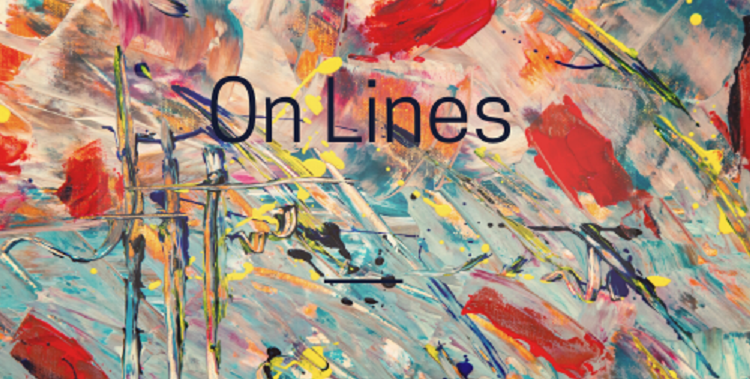Albus McInerney edits a literary magazine.
Rami is Marianne’s replacement on the committee, but she is not like Marianne – temperamentally, intellectually, or chronologically.
Where Marianne was forthright, Rami is circumspect (though it’s early days, of course). Whereas Marianne is a specialist in the poetry of post-war Europe, Rami studies the literature of colonialism – some of the villains of her intellectual universe are Marianne’s literary lions.
And Rami is twenty years younger than Marianne, which means she is even more years younger than the remaining members of the committee, so – clearly – Rami represents an invigorating generational change.
Our next issue has a segment on Dadaism. Patrice had spoken at some length about how the enfantes terribles of 1920s Paris and Brussels and Berlin were keen in the matter of epater les bourgeois, but didn’t really concern themselves with broader issues of social injustice.
‘If I might interject . . .’ Rami said. She was speaking from Banjul but her internet connection was better than Patrice’s in Hong Kong.
We were discussing Kurt Schwitters’ An Anna Blume, specifically the line that goes Du trägst den Hut auf Deinen Füßen und wanderst auf die Hände, which Dimitri helpfully suggested was an allusion to the wisdom of the irrational, the poem’s subject electing to have a hat on her feet and to move on her hands.
‘The technical execution is . . . primitive,’ Rami said
‘It’s supposed to be primitive,’ Kim said. ‘Undermining the form supports the overall objective of undermining the social and political constructions it describes.’
Rami nodded enthusiastically (enthusiasm is very much part of her persona). ‘I understand that it’s intentional, but it is problematic nonetheless. It’s like removing the trigger from your revolver before you go into a gunfight.’
‘An excellent point!’ Patrice said, picking up some of Rami’s enthusiasm (and responding with appreciation, of course, to an apt and colourful metaphor).
‘Yet the Dadaists, the surrealists, the pataphysicists and so on – all had an enormous influence,’ Kim persisted.
‘The pataphysicists?’ I asked.
‘Ubu Roi,’ Dimitri said. ‘Paris in the 1890s, Alfred Jarry and the proto-surrealists.’
‘Oh,’ I said.
‘But their range was limited,’ Rami continued (and I detected a touch of metal beneath the velvet). ‘They were writing in the high noon of empire, yet their rebellion was against the shopkeeper at the bottom of the road – not because he stocked spices produced by the labour of children in another continent, but because he wore an old-fashioned tie and didn’t like jazz. They were as complicit in – or, at least, as complacent about – the evils that surrounded them as the people they claimed to despise.’
Patrice – his audio sticking repetitively and rather distractingly – asked, ‘Is there any art of the period that isn’t influenced by prevailing cultural assumptions?’
There was a bit of a hiatus. ‘Patrice, I can’t see you,’ Kim said.
‘Better that way,’ Dimitri quipped.
‘For authentic liberation from immediate social influence, perhaps – in this period – we might usefully turn to someone like Rilke,’ Rami said.
By now, I had recognised the kind of magisterial diffidence that used to be deployed with considerable skill by Marianne.
‘. . . und da triffst du deinen Blick im geelen,’ Rami continued,
‘Amber ihrer runden Augensteine
unerwartet wieder: eingeschlossen
wie ein ausgestorbenes Insekt.’
‘Nicely done!’ Dimitri commented, with an enthusiasm that appeared to be catching. ‘From Rilke’s meditation on . . . a cat . . . and how we can see ourselves in other creatures . . . how we are reflected . . . like an ancient, like a prehistoric flying thing, an insect!’
Patrice had gone offline by then.
‘I see your point, Rami,’ Kim said, ‘though Rilke’s political leanings, when he indulged them, tended to veer excessively from left to right.’
‘A product of his place and time then, after all,’ Rami acknowledged.
‘For whom verse was a refuge. Dada and the Refuge of Art – there’s a title for the segment!’ Kim said, suddenly enthusiastic.
The others had gone by the time Patrice came back online.
‘What do you think?’ he asked.
‘It was a bracing discussion. It bodes well for the future.’
‘I entirely agree!’ he said.
